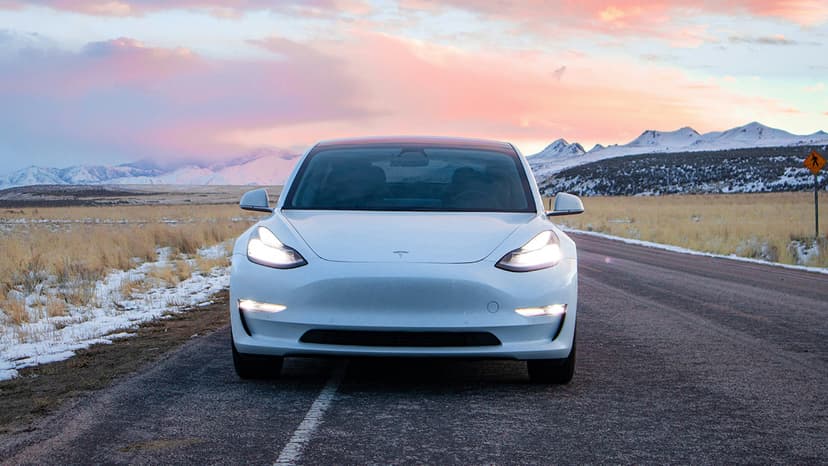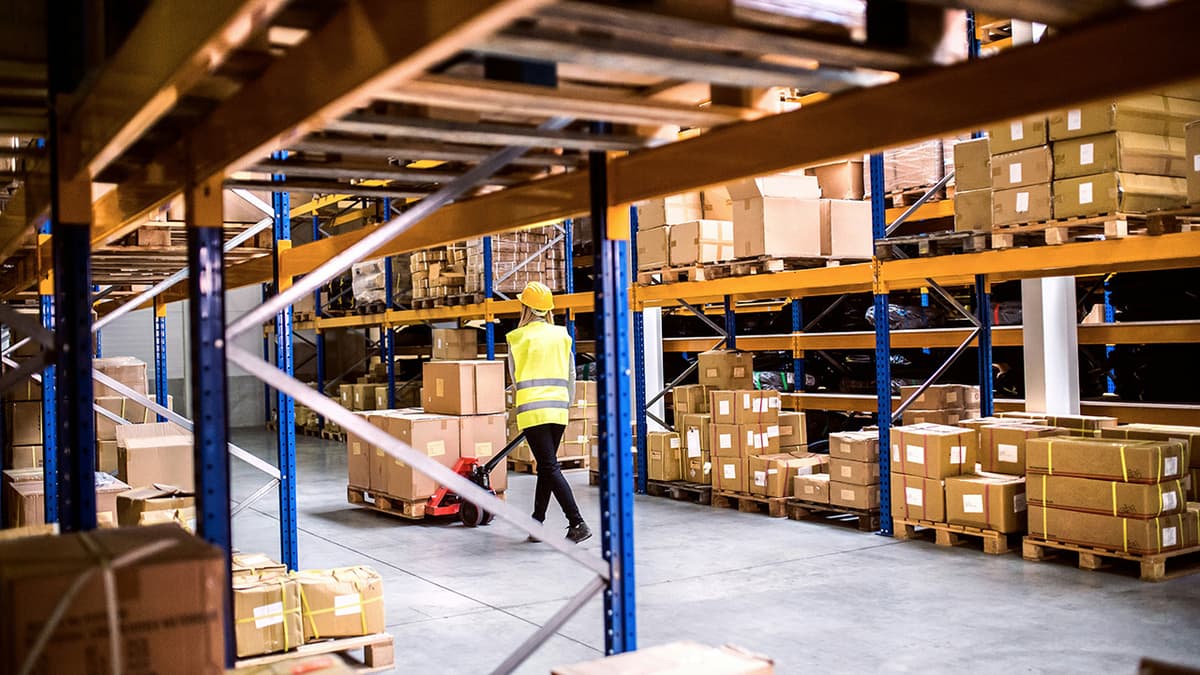The Sneaky Ways High Inflation Empties Your Wallet at the Checkout
Inflation can make shopping less satisfying and leave you spending more than expected. Rising inflation rates have significant effects on our shopping experiences, leading to increased costs everywhere.
Why Does Shopping Feel Like a Wallet Workout?
Inflation is the rate at which the general level of prices for goods and services rises, causing purchasing power to decline. Simply put, your money doesn't go as far as it previously did.
The Ever-Changing Price Tags
You may notice price fluctuations in your favorite store. For instance, a loaf of bread might cost \$2 one week and \$2.50 the next. This experience illustrates the impact of inflation on everyday items.
Groceries Aren't Immune
The market basket of goods includes various products like bread, milk, and eggs. As inflation raises raw material and production costs, these increases get passed down to consumers. The entire supply chain, from farmers to retailers, faces rising costs.
Budgeting Becomes a Balancing Act
Most households maintain a budget, but inflation complicates this process. With rising prices, you may find yourself adjusting spending in other areas, such as clothing or entertainment, to accommodate higher grocery bills.
Sales and Deals: Not as Sweet as They Used to Be
Discounts may not feel as rewarding during high inflation. For example, if a retailer offers a 10% discount, but general prices have risen by 15%, the deal is not as beneficial as it appears.
The Psychological Tug-of-War
Inflation also affects our perception of pricing. Increasing prices can lead to a gradual acceptance of what we consider "normal" costs, resulting in a tendency to spend more over time without realizing it.
Quality of Life Takes a Hit
With rising costs, many consumers make compromises on quality. Shoppers may choose generic brands instead of their favorites, leading to a decline in the overall shopping experience and lifestyle.
Long-term Investments Diminish
High inflation influences long-term purchasing decisions. Buying new appliances becomes more critical, causing some shoppers to delay significant purchases and maintain outdated items.
Credit Cards Become Double-Edged Swords
Using credit cards may seem like a practical solution when cash is tight. Yet, rising prices often lead to increased credit card use. This can result in accumulating debt, particularly when interest rates rise alongside inflation.
The Frequent Shopper's Paradox
Enthusiastic shoppers may feel less excited during periods of inflation. When trendy items come with shocking price tags, the enjoyment of shopping can diminish, giving way to financial concern.
Is There a Silver Lining?
Inflation can encourage creativity among consumers. You might start couponing, meal-prepping from scratch, or seeking budget-friendly shopping practices to cope with higher costs.
High inflation affects every aspect of your shopping experience. Price increases challenge consumers, leading to heightened spending at checkout. Being informed and prepared can help you navigate these economic times wisely.












